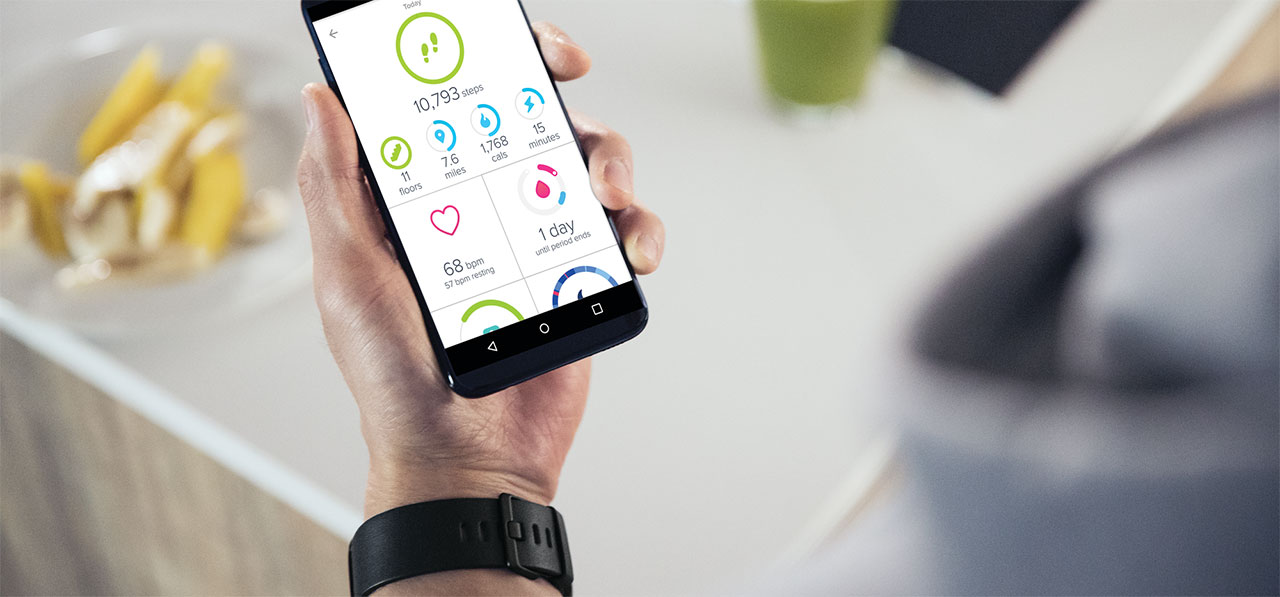3 Examples of Clinicians Using Wearable Technology
Over time, doctors have incorporated more technology into their practice, especially as it relates to apps, social media, and wearables. As it turns out, a study by Ipsos Healthcare found that from just 2015 to 2017, there has been a 29% increase in app recommendations, 26% more doctors engaging with social media and a 19% higher proportion of doctors using online forums to communicate with other doctors.(1)
Wearable technology, in particular, has become a growing trend, specifically for its patient engagement, empowerment, and self-monitoring capabilities. In fact, 71% of people surveyed globally with Ipsos Healthcare said they would use a connected health device or tool as part of their treatment plan if their doctor recommended it.(2)
Here are some real-life examples of clinicians incorporating wearables into their practice, and the difference it’s making in their patients’ lives:
Hip/knee replacement surgery: Doctors at Cedars-Sinai Hospital in Los Angeles started giving out Fitbit devices to patients after knee replacements, hip replacements and other surgeries. The goal was to encourage patients to start walking short distances early on after surgery, and ultimately, go home sooner.
Abdominal cancer surgery: Researchers enrolled 71 patients into this study during their preoperative clinic visit for abdominal cancer surgery. Once transferred from the ICU after surgery, Fitbit devices were placed on patients’ wrists and worn for the entire stay, for about 12 days. Results found that increased average step counts per day predicted lower 30-day and 60-day hospital readmissions.
Cardiac patients: Cardiac patients, including people diagnosed with heart failure, coronary artery disease, and/or hypertension, were recruited from various hospitals to participate in the Do Something Different (DSD) program. DSD has been developed to improve behavioral changes in cardiac patients and help them adopt healthier habits. Patients’ progress is monitored using numerous wearable devices, including Fitbit devices. This study is still in progress, with the hope of inspiring and sustaining healthy lifestyles for cardiac patients.
This article is not intended to substitute for informed medical advice. You should not use this information to diagnose or treat a health problem or condition. Always check with your doctor before changing your diet, altering your sleep habits, taking supplements, or starting a new fitness routine.


